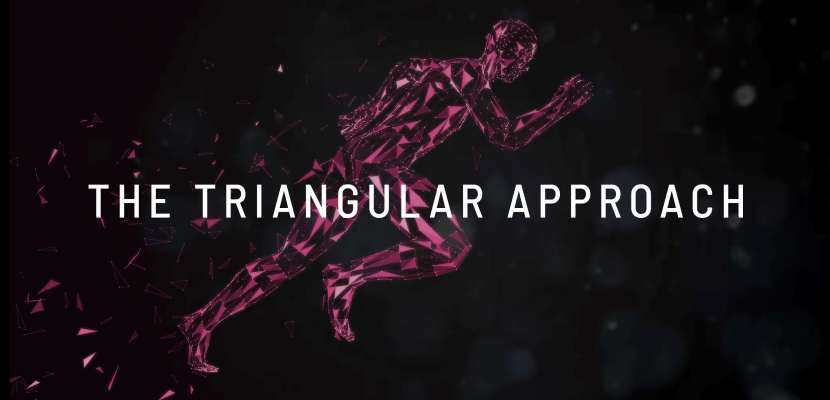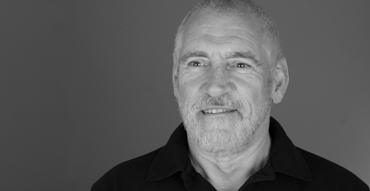The Triangular Approach
03 May 2018

A key philosophy used by all of us at Grey Matters UK is that of the triangular approach in the way that we work with our clients
You might wonder why - well I do like Toblerone, but there is a bit more to it.

In fact, there is almost a ‘law of threes’ in psychology; so common is this as an approach. One example, Wyer and Collins, (1992, not me…another one!) apply this principle to the psychology of comedy. A triangle model also underpins the important skill acquisition method of the Constraints Led Approach or CLA. Finally, and as mentioned in several other Blogs on our website, we have the important principle of ‘triangulation’. This idea suggests the advantage of measuring something in three different ways, or through asking three or more different people, etc. Getting the same answer from all three therefore lends credibility to the information. The differences between the different sources, provides you with a chance to probe why, once again offering greater insight. So it seems that, for psychology specifically but also lots of others sciences, the triangle plays a key role.
For us at Grey Matters however, there is a little more to the triangle and this has to do with our status as ‘Pracademics’. This great term (we wish we had thought of it) really describes our approach well. Think of practical academics – people who bring all the knowledge from theory, then use the rigorous approaches that characterise good science but also focus on coming up with practical and really useful answers. Well, that’s what we do, as shown by the triangle model which we use in our key messaging. As a key underpinning, we make sure that we really KNOW the science around a problem. So if you present us with a novel challenge, our first step is to explore and research the science so that we go in with the best knowledge available. After that, we make sure that we collect the evidence to drive the design of the solution. This includes a careful assessment of you; your characteristics, potential strengths, weaknesses and exactly what happens in the situations you face. We then go through a careful ‘matching’ of knowledge and evidence to come up with a plan of action. This design phase, which is called ‘Case Conceptualisation’, is typically a rigorous debate, with people playing devils advocate to the initial ideas. This makes sure that our starting point is the best we can make it. Only after all this, do we get into the practice – the ‘doing stuff with you’ that will drive the changes you need. The triangle doesn’t stop there, however! We go round the cycle more than a few times, looking at how things are going in a constant ‘test and adjust’ process that ensures the solutions being applied are working optimally.
Hopefully this gives you a greater understanding of why we do the things we do, in the ways we do them. Please feel free to ask for more detail. But of course, I still like Toblerone!
Author: Dave Collins

A leap forward in performance
To find out how Grey Matters can take you or your athletes to the next level click below to get in touch.
Contact us
A message from Dave Collins
Performance psychologistIn an increasingly confused world of ‘sciency’ researchers and commercial gurus, Grey Matters focus on providing a clear, evidence-based service that puts YOU in charge.
View Dave on LinkedIn